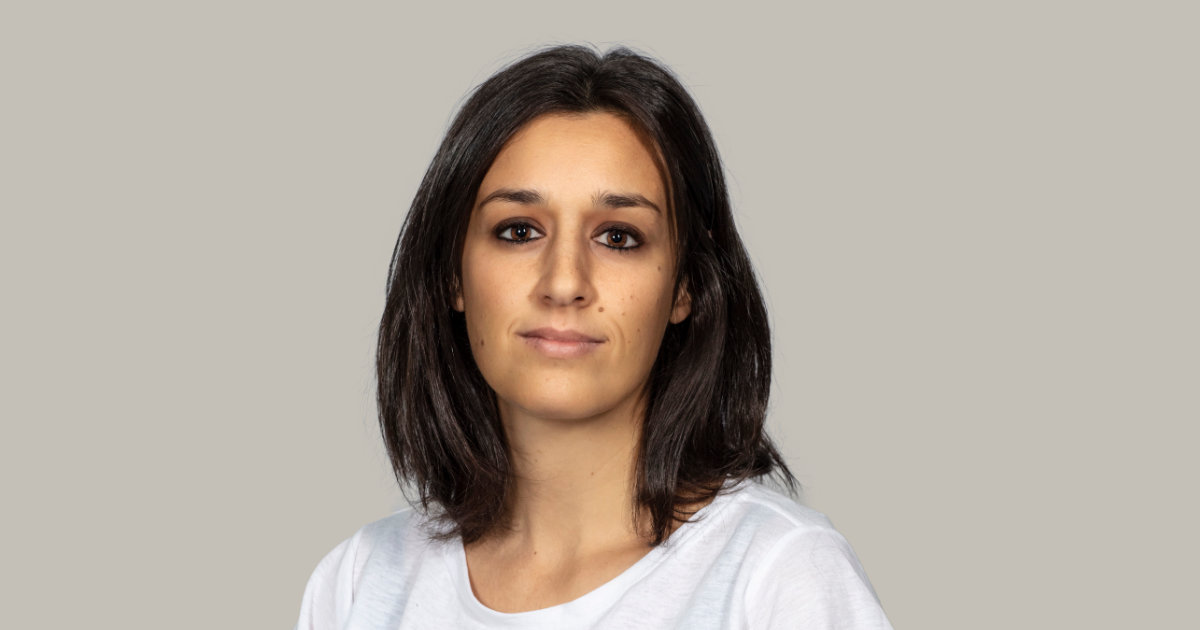Talk by Dr. Mirella Manfredi
Processing meaning across different modalities, contexts, and populations: Evidence from neurophysiology
April 1, 2022, 10:00 h
Andreasstrasse 15, 8050 Zurich, AND 3.46 (3rd floor) and via Zoom

From early on, humans receive meaningful information from various sources and in different modalities. For example, when parents are reading a picture book to children, they combine visually presented pictures with acoustically presented words and sounds. However, we still have little understanding of how the memory for different types of information develops. In particular, it is not clear whether information is stored in modality-specific units or in an amodal, shared system. In the first part of my talk, I will focus on the processing of information presented in cross-modal contexts. I will present a series of studies showing how different modalities (e.g., auditory, visual, verbal, non-verbal) influence the processing of the presented content, both in healthy and clinical populations (e.g., ASD children). I will show that information presented in different modalities elicits similar neurocognitive processing, although with different characteristics (e.g., brain activity distribution). Moreover, I will demonstrate that the processing may be influenced by the development of linguistic abilities. I will provide evidence suggesting that various types of information (i.e., onomatopoeias, common nouns) are differently organised in children’s memory. This evidence supports the hypothesis that meaningful information is stored in a amodal memory system accessible from multiple types of modalities. In the second part, I will extend the focus of processing information to the domain of humour and its underlying neurocognitive mechanisms. By making use of different neurocognitive techniques (EEG, tDCS), I describe how different aspects such as the type of humour (i.e., slapstick, humour requiring Theory of Mind) and the modality through which it is conveyed (auditory, visual), modulate the perception of humour. Overall, the studies I will present underline that humour perception is a highly complex phenomenon that involved different time courses and neural circuits.
Zoom-Link: https://uzh.zoom.us/j/65256205246?pwd=YUJnc1hGcW1qSXRFVVlHcmNYNms5dz09
